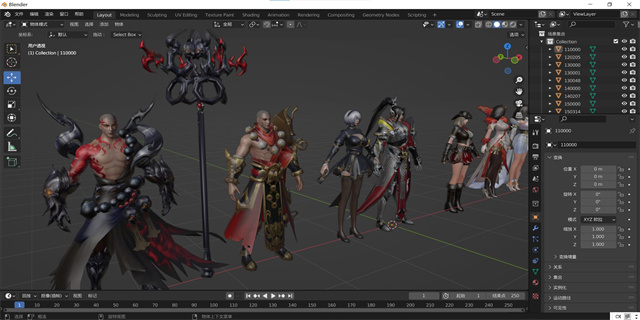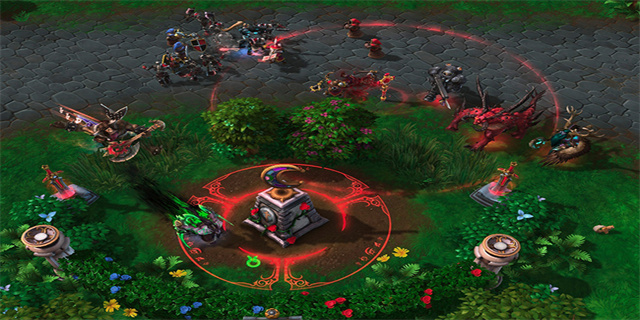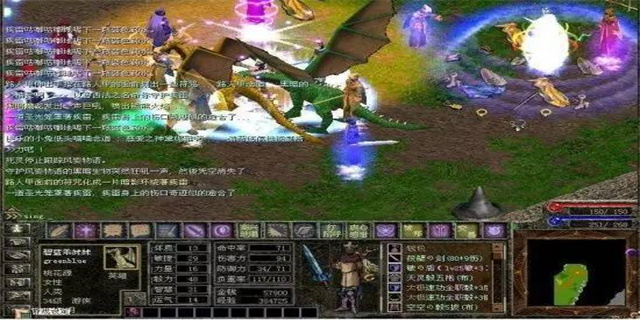PQ Magic: Unveiling the Wonders of Parallel Quantum Computing
Parallel Quantum Computing, also known as PQ Magic, has emerged as a revolutionary technology that holds the potential to significantly enhance the capabilities and speed of quantum computing. This cutting-edge concept combines the power of parallel computing with the principles of quantum mechanics, pushing the boundaries of what was previously thought possible. In this article, we will explore the fundamentals of PQ Magic and its extraordinary potential to revolutionize the field of quantum computing.
The Power of Parallel Computing
Parallel computing is a technique that involves breaking down complex problems into smaller tasks that can be processed simultaneously. By dividing the workload among multiple processors, parallel computing reduces the time required to solve complex problems. This approach has already proven its effectiveness in traditional computing systems, allowing for significant improvements in speed and performance.

However, applying parallel computing principles to quantum mechanics is no easy task. Quantum computing relies on the principles of superposition and entanglement, which introduce unique challenges when it comes to parallel processing. Nevertheless, researchers have made remarkable progress in developing PQ Magic algorithms that harness the power of both parallel computing and quantum mechanics.
Unlocking the Potential of PQ Magic
One of the main advantages of PQ Magic is its ability to solve complex problems that are beyond the capabilities of traditional computers. Quantum computers are known for their exponential processing power, but they are also highly susceptible to errors due to the fragile nature of quantum bits, or qubits. PQ Magic algorithms address this issue by leveraging parallel computing techniques to perform error correction and optimize the computational process.

PQ Magic also offers unprecedented speed and efficiency in solving optimization problems. These types of problems, which involve finding the best possible solution from a vast set of options, are notoriously difficult for classical computers. PQ Magic enables quantum computers to explore multiple potential solutions simultaneously, significantly reducing the time required to find the optimal solution.
Furthermore, PQ Magic opens up new possibilities for simulations and data analysis. Quantum simulations allow researchers to model and understand complex systems with unmatched precision. By harnessing the power of parallel quantum computing, these simulations can be performed faster and more accurately, providing valuable insights across various fields, such as chemistry, physics, and finance.
Challenges and Future Directions
While PQ Magic holds immense promise, there are still several challenges that need to be addressed before it can become a mainstream technology. One major obstacle is the scalability of quantum systems. As more qubits are added, maintaining coherence and minimizing errors becomes increasingly challenging. Researchers are actively exploring techniques to overcome these hurdles, including improved error correction codes and innovative qubit designs.
Another challenge is the development of efficient PQ Magic algorithms. Designing algorithms that can efficiently utilize the power of parallel quantum computing requires a deep understanding of both quantum mechanics and parallel processing. Collaborative efforts between quantum physicists and computer scientists are essential to overcome these algorithmic challenges and fully unleash the potential of PQ Magic.
Looking ahead, the future of PQ Magic appears incredibly promising. As quantum computing technology continues to advance, and with ongoing research efforts to overcome existing challenges, we can expect PQ Magic to play a pivotal role in transforming industries and solving complex problems that were once considered intractable. By harnessing the power of parallel quantum computing, PQ Magic is poised to revolutionize the world as we know it.



























